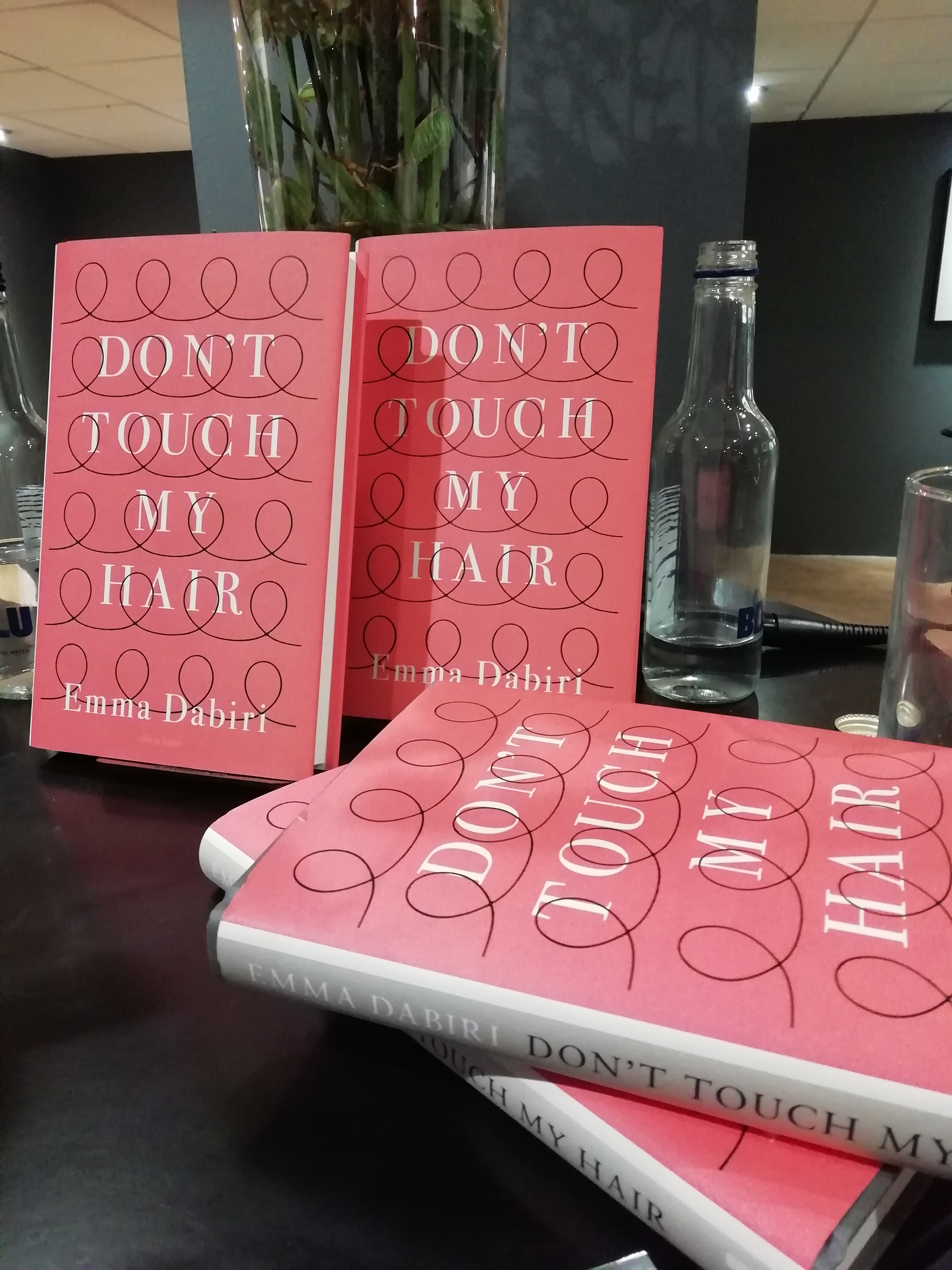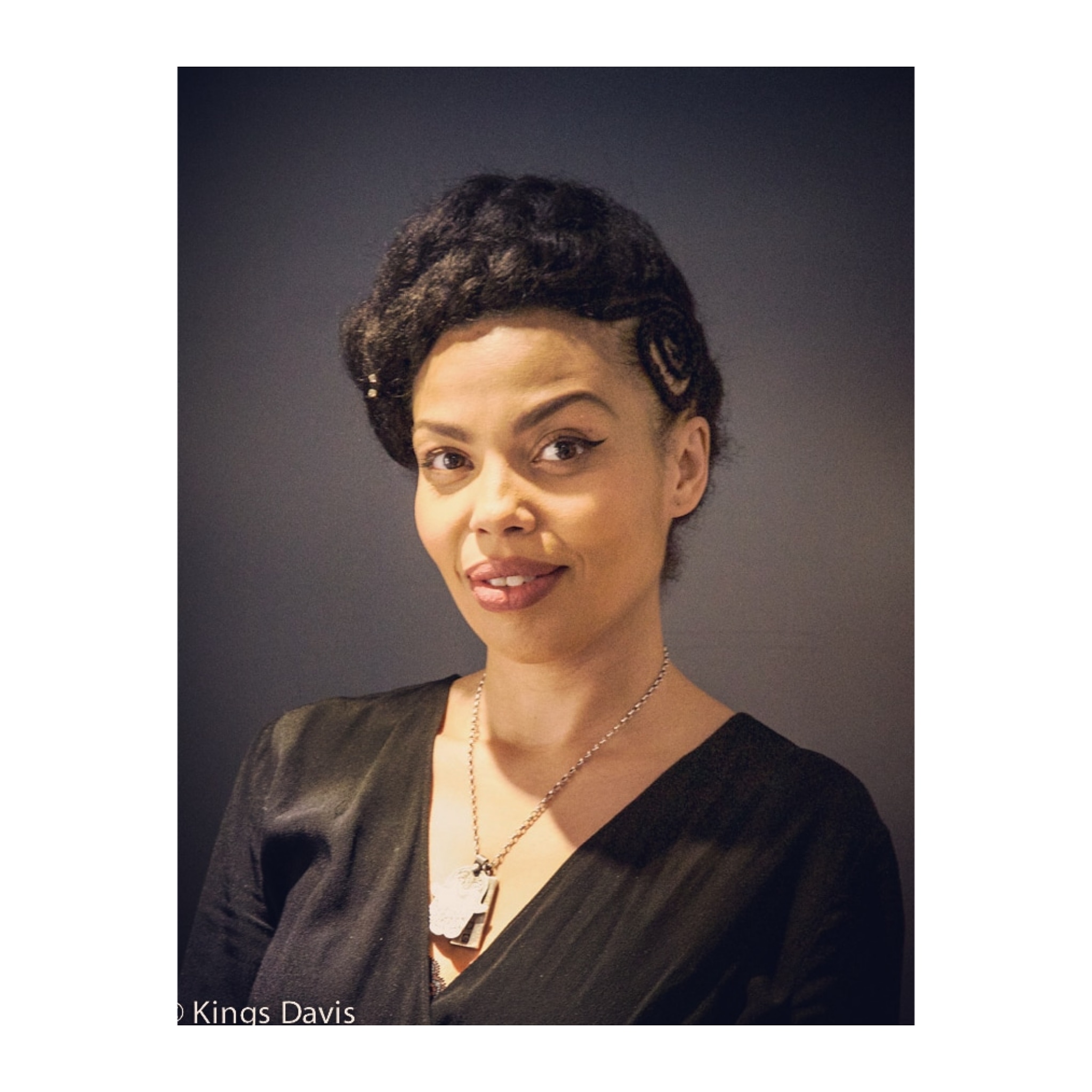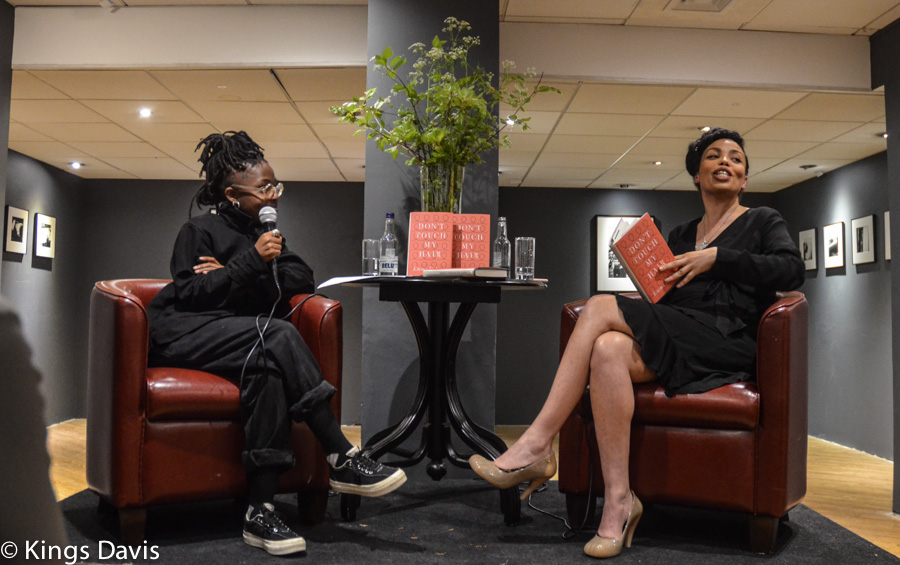I’ve been looking forward to this book for a while!! Penguin have published Emma Dabiri’s ‘Don’t Touch My Hair’. Emma – a Historian, Author and Visual Sociologist, has created a timely and much needed study of this area. The book is about why black hair matters and how it can be viewed as a blueprint for de-colonisation. The book documents the link through pre-colonial Africa, through the Harlem Renaissance, Black Power and on to today’s Natural Hair Movement, Cultural Appropriation and beyond. Read on…
On May 3 2019 a Q&A was hosted by Ayishat Akanbi at Waterstones (Gower St, London) where Emma discussed her personal experience of growing up in Ireland – ‘My mum was white and did not know about the hierarchy of hair in the black community.’ In addition to these challenges Emma described facing issues of rejection from both black and white communities and the effect that language has on how we see our hair. These descriptions include ‘coarse, nappy, unruly as opposed to ‘silky and flowing.’ From these examples it is clear to see our hair (i.e the black community) is being judged by a standard and narrative that is negative. The book discusses all these extremely important areas while reflecting on hair in a historical context. In Yoruba culture, for example, hair is significant and also Emma’s parental ancestry. Yoruba traditional hairstyles have always been artistic, particularly with their complicated structure, formed with multiple braids of different size, with additional accessories and stunning. Maybe more exposure to this celebration of natural hair is what is needed, especially in western culture?
A chapter in the book entitled ‘How can you love yourself and hate your hair?’ recognizes that hair it self is political. It is worthwhile noting that in the historical context of slavery, the systematic dehumanization of black people and the negative portrayal of black culture has contributed to the stigma around hair. There are thankfully now more questions about who controls the ‘image and perception of black hair’ plus increasingly raised awareness of how the media can influence perceptions. This includes an increasing celebration of black culture in entertainment (notably the featuring of natural hair) film and advertising. There is a huge shift towards black women and men wanting to be accepted for being themselves while the stigma is gradually being eroded. Emma has described that ‘subtly, over time I went from tolerating my hair, to enjoying it to loving it.’ Yes… we are enough.








